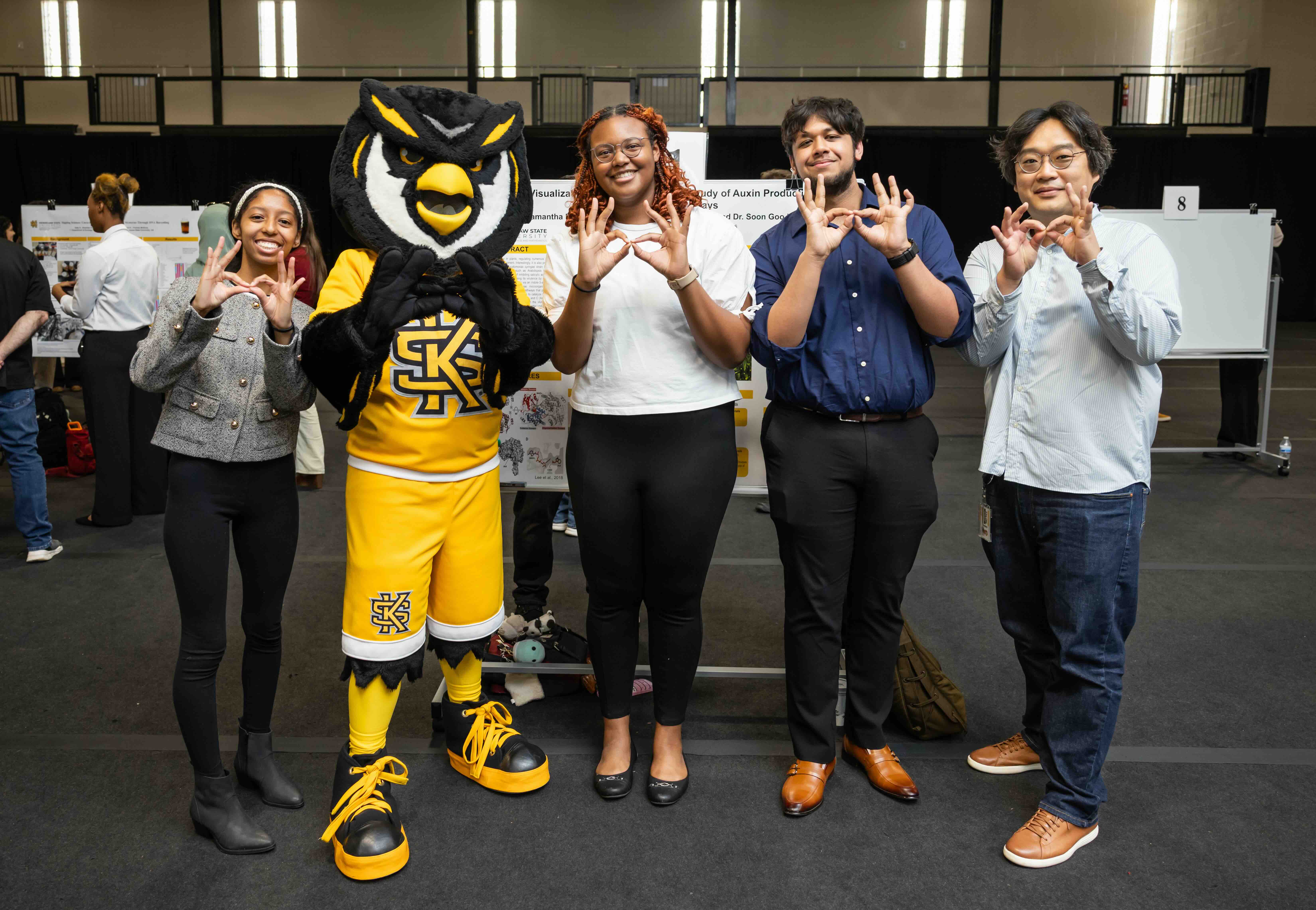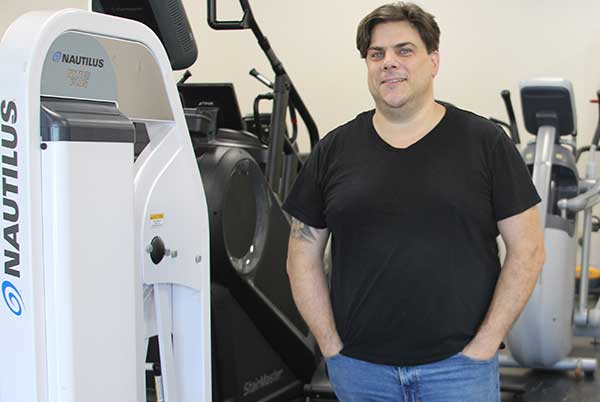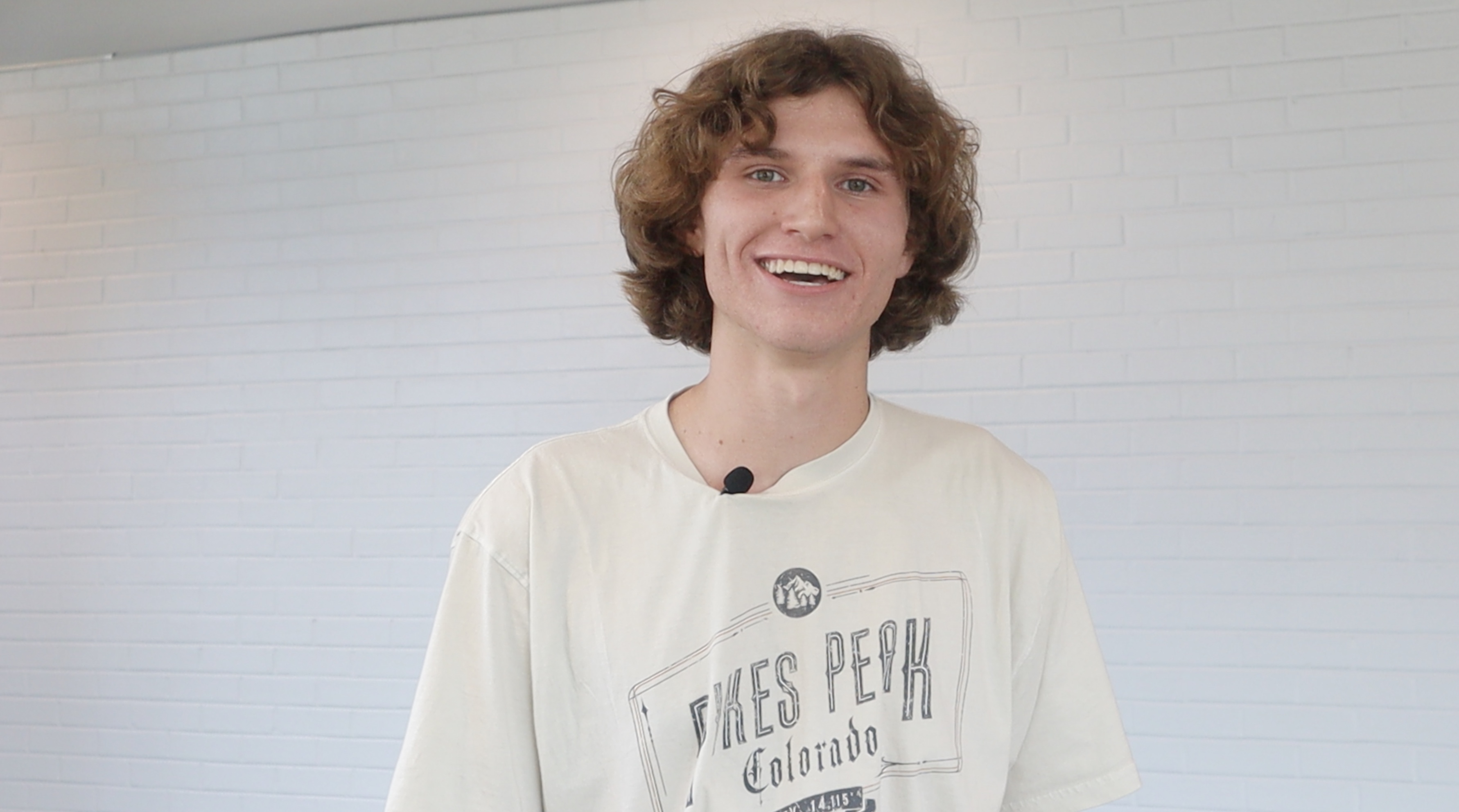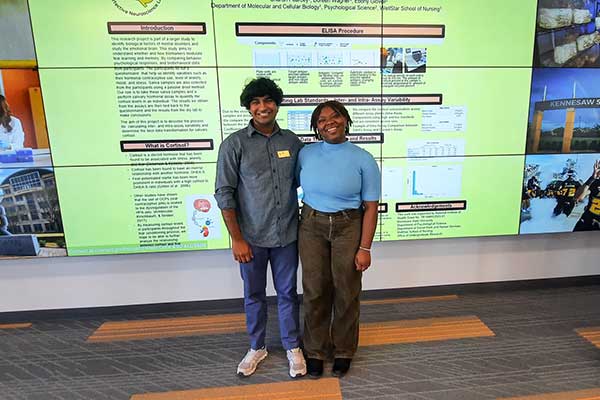
Faculty guide undergraduates with their unique styles
KENNESAW, Ga. | Apr 20, 2021
The Research Mentoring Mindset
The opportunity for students to engage in mentored research and scholarship has been an important priority and a fundamental aspect of a well-rounded undergraduate education at Kennesaw State University. Undergraduate research experiences, molded carefully and purposefully by faculty mentors, form the foundation in the development of students’ critical life skills that are easily transferable to any career.
In celebration of Undergraduate Research Week, April 19-23, 2021, we spotlighted some of these mentors who may exhibit their own mentoring styles, but all have one common essential quality – a research mentoring mindset.
Some of these vignettes appeared in the winter 2020 issue of KSU Magazine.
FIND YOUR VOICE
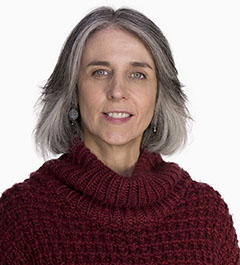
One of the mentoring goals Stephenson wants to achieve with undergraduates is the importance to keep creativity at the forefront of scholarship, to ask questions, to explore art through the lens of visual culture, and to love the process.
“I strive to instill in my students the confidence to step outside of their comfort zone and dig deep into a topic or issue of significance to them,” she said. “I push them to do work that takes them beyond the library and into archives, museum storerooms, artist studios, to network with professionals, to interview people and to think strategically about how a project may serve as a stepping stone to bigger things: a conference presentation, a publication, an internship and career goals.”
As an art historian and museum curator, Stephenson’s area of primary research is 19th through 21st century African art. Her own mentoring style and philosophy has been influenced and shaped by her high school art history teacher and her Ph.D. mentor, who taught her to push through the conservative boundaries of art history.
“Out of curiosity and a love for the arts I encountered in my environment I began to study African art in order to write histories previously overlooked/absent,” she said. “My work is disseminated through coursework, publications, and exhibitions that I have curated.”
Between her work as a curator of African art at the Michael C. Carlos Museum and as an art history professor at Kennesaw State University, Stephenson has mentored over 50 students on individual research projects that they pursued as a senior capstone experience, an Honors project, or a museum internship.
"Besides the benefit to grow the next generation of scholars within a field, undergraduate research leads to personal growth as an individual, including gains in self-confidence, interpersonal skills, emotional maturity, networking, and so much more,” Stephenson added. “Students who have pursued research projects with me have blossomed in confidence and a love for the discipline.”
– Geena Lawrence, BBA Marketing ’20
FIND YOUR INSPIRATION
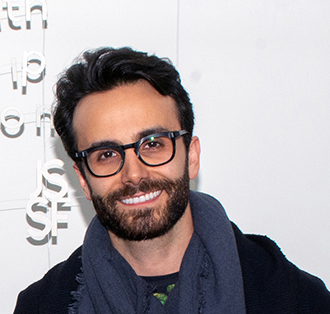
“I firmly believe that mentoring is a process that is rewarding and fulfilling for both parties, the mentor and the mentee,” Soleimani said. “My mentoring philosophy builds upon a multidisciplinary approach where mentees are encouraged to conduct research, developing long-term skillsets that are valuable not only to their present work but also to their future.”
As an educator, architect, and computational designer, Soleimani’s broad research track focuses on human-computer interaction and designing cyber-physical environments such as smart homes. He is involved in the design, prototyping, and evaluation of “intelligent design systems” employing embedded computation within the context of the built and natural environments. He is interested in how the power of computation can nurture creative processes, practices, and design outcomes.
Therefore, incorporating undergraduate research helps his students develop lasting critical thinking skills, which can prepare them to solve future complex problems that appear as a result of technology advancements. Productive research agendas can enhance learning experiences for students resulting in a vibrant academic environment.
“I always teach my students that inspiration surrounds them, and they need to get out of their comfort zones to succeed,” he explained. “I teach them that creative ideas come from anyone, anything, and any place, but it will not happen unless they are open to experience it.”
When Soleimani was pursuing doctoral studies, he had Ph.D. advisors from architecture, education, robotics, and computer science. He noted that although it was challenging to learn how to talk to four people from different disciplines and find a common language, he realized how the future can substantially benefit from collaboration among disciplines to solve complex problems.
“Building upon my past experiences, I always attempt to create a collaborative, stimulating atmosphere for students to succeed,” he said.
Having mentored almost 30 undergraduates, one goal that Soleimani sets for himself is to help his students learn that every problem requires its own approach, and there might be multiple solutions to each problem. To achieve a mindful perspective, he encourages his students to conduct multidisciplinary research through design, and design through research.
“My students have noted that my mentoring approach has broadened the way they think about problems,” he said. “This also has expanded their job opportunities after graduation so that they are not just looking for architectural design positions, but also seeking a wider range of opportunities such as interaction design, computational design, robotics, and game/animation design positions.”
– Geena Lawrence, BBA Marketing ’20
FIND YOUR COMMUNITY
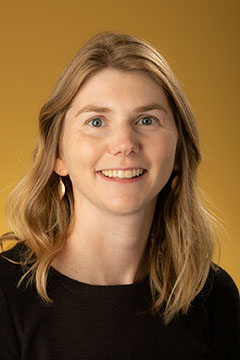
“My lab is relatively large with students at various stages of their academic careers. Much of my mentoring is about facilitating opportunities for peer support because they can learn a lot from each other,” said Willard, a professor of psychology. “Creating a community and supportive environment for them to engage in peer mentorship is very important because they are much closer to the student experience and therefore sometimes better able to relate.”
Since joining KSU in 2008, Willard has mentored more than 50 undergraduates. She regularly works with undergraduates on research by teaching a departmental research methods and statistics course, and supervising students’ Honors projects and senior capstone projects.
Willard also supervises volunteer and directed study students who work as undergraduate research assistants in her lab, which focuses on social psychology broadly defined. She examines how people's beliefs and expectations shape social reality. Her interests also include applying social psychology in the legal field.
About half of her lab meetings focus on professional development, discussing resumes or graduate school applications. “Learning my students’ needs from their questions caused me to focus the workshops not only on where they were now, but also where they’re going in the future,” she explained.
To that end, Willard continually expands her own network so that she can connect her current students with her previous students already in the job market to facilitate potential opportunities in research, mentoring or jobs.
“I hope my students not only learn the scientific method, but also how their research tasks will be applicable and translate to what they want to do in the future,” she said. “Having a research background can open the doors to many different professions.”
For her efforts, Willard received the inaugural Outstanding Undergraduate Research Mentor Award in the spring given by the Office of Undergraduate Research.
“Being a mentor is really about investing in someone’s future and giving them opportunities to grow and learn,” she said.
– Geena Lawrence, BBA Marketing ’20
FIND YOUR POTENTIAL
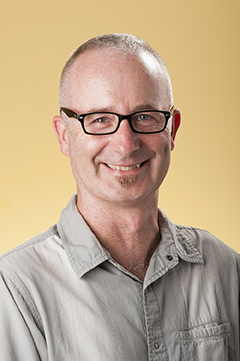
After earning his undergraduate degree in chemistry, Hudson worked in private industry for a few years before taking on a research position in neuroscience. That experience changed his life’s course, and he has since done all of his academic work in neuroscience.
Hudson has an active undergraduate research program at KSU. His team of undergraduates helps advance important research in neuroscience and gains valuable experience in the process.
He arrived at KSU in 2010, before the master’s program was established, so undergraduates provided much of his laboratory assistance. He has maintained a commitment to providing undergraduate research opportunities ever since.
“I think experiential learning is so important that I want to be able to give that back to my current students as well,” Hudson said. “Give people a chance to find something they’re passionate about.”
Hudson said he includes undergraduates in every aspect of the laboratory, from what he calls “wet-lab work,” the actual hands-on experience in the lab, to analyzing data. He credits the undergraduates with rising to the challenge of doing graduate-level work.
Mostly, he said he just wants students to learn, not only about neuroscience and biology, but about themselves. He said he wants them to find out if lab work — and science — is what they really want to do.
“The space is there for them to seize this experiential moment,” he said. “If they don’t want to grab that
experience, that’s fine. I won’t hold that against them. The opportunity is there. I want them to find what’s best for them.”
– Dave Shelles
FIND YOUR PASSION
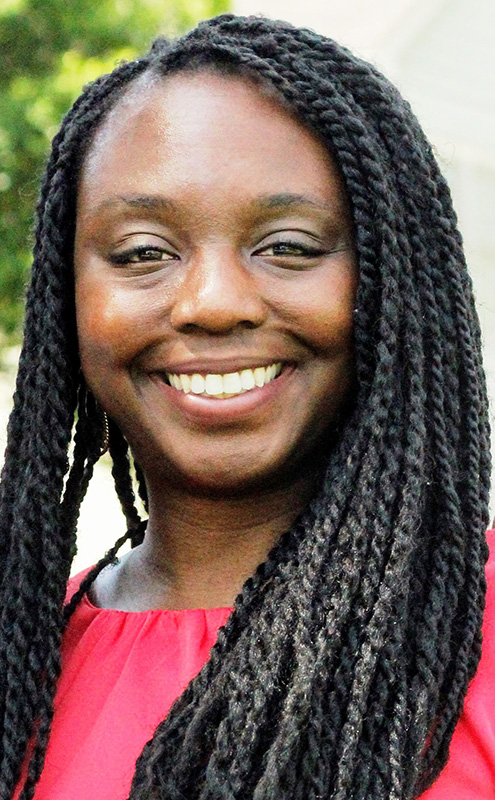
“I was on my way to a career in developmental psychology, having obtained several research positions to help prepare me for graduate school,” said Ukuku, who is now an assistant professor in KSU’s Wellstar College of Health and Human Services.
One of Ukuku’s mentors approached her with an alternative plan when the mentor sensed Ukuku’s waning enthusiasm. The mentor recommended that Ukuku sort out her career goals by working in the field first.
So Ukuku applied for a few research coordinator jobs and eventually accepted a child studies development lab position at Emory University.
“I am so glad that I listened to my mentor because I recognized that my passion was elsewhere,” she said. “While the lab focused on studies with about 30 people, I soon realized that I wanted to have a bigger impact. I wanted to see how outreach programs and awareness campaigns could directly affect larger populations.”
Ukuku ultimately changed her Ph.D. focus to public health after serving as a research volunteer for a community-based HIV prevention project geared toward African American women. Now Ukuku shares this story with her KSU students, emphasizing that no one’s path is directly laid out.
Ukuku describes her mentoring style as an active advocate, encouraging her students to take risks in exploring their career options just like she did. One way that Ukuku is accomplishing this is by teaching a new foundational course that she developed last summer as a participant in the Office of Undergraduate Research’s course redesign institute.
The writing and analysis course introduces broad concepts on public health education, practice, and research to better prepare undergraduates interested in the public health education and/or health professional training fields.
“The institute helped me with prioritizing activities that would lead to outstanding projects developed by the students based on guided research engagement,” she said. “I want my students to take control of their learning experiences just like my mentors encouraged me.”
– Joëlle Walls








